Reuters journalist Issam Abdallah killed by Israeli fire in Lebanon, investigations find
Two separate investigations have found that two Israeli tank rounds fired in quick succession, while journalists were filming shelling close to the border between Lebanon and the occupied Palestinian territories, killed a Reuters journalist and wounded six reporters in southern Lebanon on October 13.
A Reuters investigation has discovered that the two Israeli strikes claimed the life of its 37-year-old visuals journalist Issam Abdallah, and severely wounded Agence France-Presse (AFP) photographer Christina Assi, 28, near the Lebanese village of Alma al-Chaab.
Assi later had a leg amputated and is still in hospital.
The group of seven journalists from Reuters and AFP news agencies as well as Qatari Al Jazeera television news network were hit as they were filming Israeli bombardments on Lebanese territory from the top of an open hill.
All were equipped with helmets and bulletproof vests marked “Press”, with their cameras placed prominently on tripods.
Reuters said it had contacted more than 30 Lebanese government and security officials, military experts, forensic investigators, lawyers, medics and witnesses to put together a detailed account of the incident.
The news agency reviewed hours of video footage from eight media outlets in the area at the time alongside hundreds of photos from before and after the attack, including high-resolution satellite images.
As part of its investigation, Reuters also gathered and obtained evidence from the scene including shrapnel on the ground and embedded in a Reuters car, three flak jackets, a camera, a tripod, and a large piece of metal.
For its investigation, Reuters worked with the Netherlands Organization for Applied Scientific Research (TNO), an independent research institute that also works with the Dutch defense ministry.
Moreover, an AFP investigation jointly conducted with Airwars, an NGO that investigates attacks on civilians in conflict situations, showed that the attack involved a 120-mm tank shell only used by the Israeli army in southern Lebanon.
It found that the nature of the strikes and lack of military activity in the immediate vicinity of the journalists indicate the attack was deliberate and targeted.
The investigation was based on evidence gathered from expert analysis of a munitions fragment, satellite images, witness testimonies and video recordings filmed before and during the attack.
According to photos which were analyzed by six weapons experts for AFP and Airwars, a large remnant of munitions was found close to the body of Abdallah.
All agree that it was part of a 120-mm fin-stabilized tank shell used by Israeli military and fired from its Merkava tanks in the volatile region.
No other military group or organization in the region uses this type of ammunition, the analysts said.
The investigation was based on evidence gathered from expert analysis of a munitions fragment, satellite images, witness testimonies and video recordings filmed before and during the attack.
Multiple witnesses attest there was no military activity, nor any sign of the presence of an armed group, in their immediate vicinity during the hour and before the attack.
Experts found it improbable that the Israeli military could have mistaken the journalists for fighters, given the sophistication of its surveillance. Footage from the scene makes clear that a helicopter and drone flew low over the area prior to the attack.
The fact that the journalists were targeted by two separate strikes 37 seconds apart, falling a few meters from each other, excludes the hypothesis of accidental shooting, the experts pointed out.
Since Israel launched the onslaught on Gaza, a total of 63 journalists and media workers – including 56 Palestinian and 3 Lebanese nationals – have been killed, the Committee to Protect Journalists says.
The Israeli regime has been waging sporadic attacks on southern Lebanon since October 7, when Israel launched the war on Gaza after the territory’s resistance movements waged the surprise Operation Al-Aqsa Storm against the occupying entity in response to its decades-long campaign of bloodletting and devastation against Palestinians.
Hezbollah resistance fighters have mounted near-daily rocket attacks on Israeli positions at the border, while Israel has conducted air and artillery strikes in southern Lebanon.
Six top Trump administration officials appear in Epstein files
VIDEO | Press TV's news headlines
Gaza Nasser Hospital slams MSF’s ‘unsubstantiated’ claims as medical work suspended
Jordan condemns Israeli incursions at Al-Aqsa Mosque as 'flagrant violation'
Ex-Ukrainian energy minister arrested amid corruption probe while trying to flee
VIDEO | Israel using militias to deepen chaos in Gaza
Putin’s aide praises Iran’s ‘competitive’ technological achievements
VIDEO | Brussels exhibition exposes Western-backed genocide in Gaza


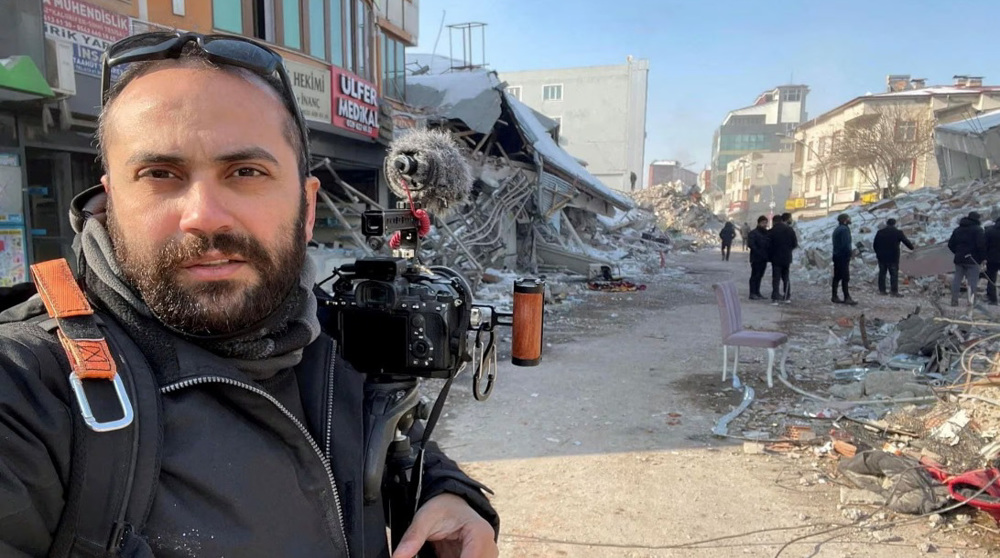
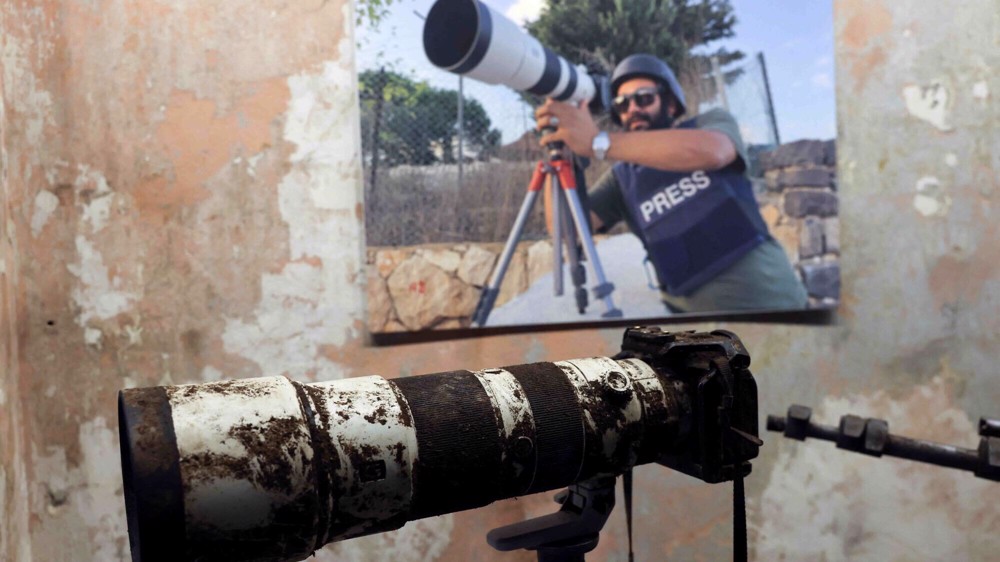
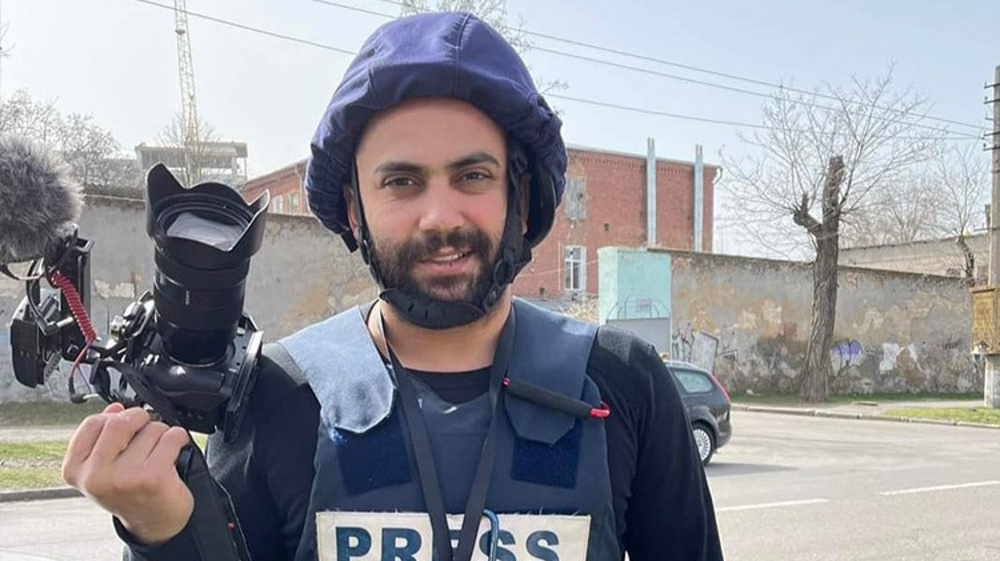
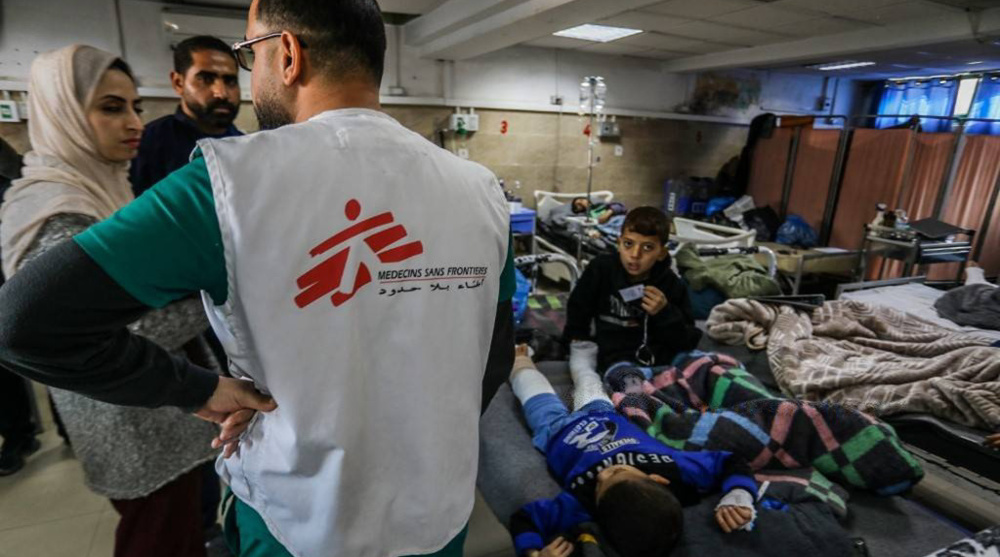
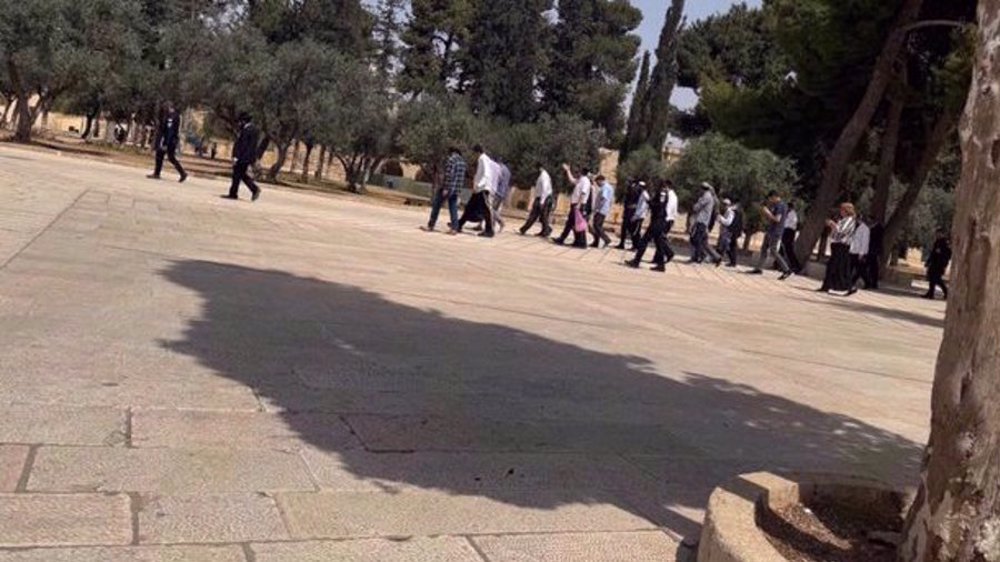
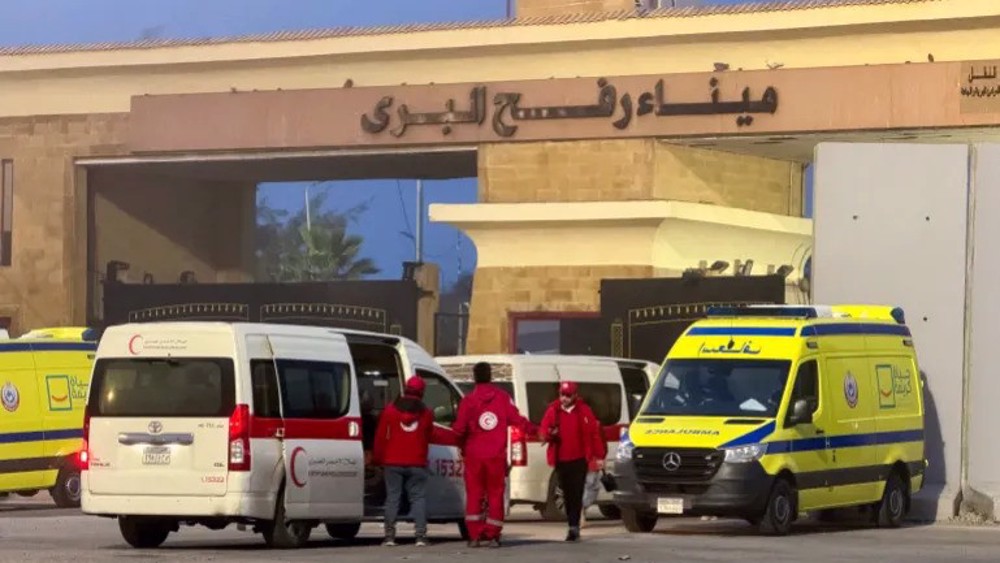



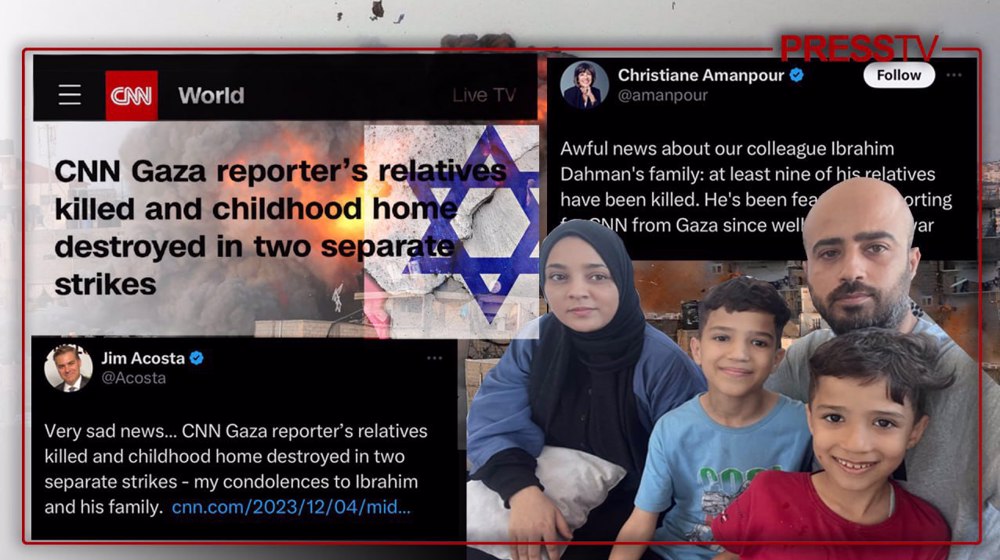
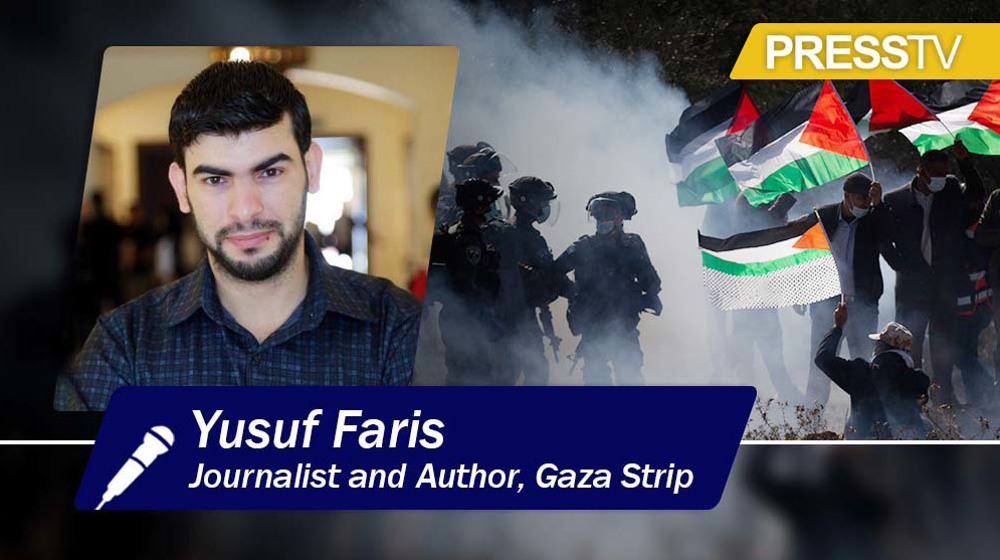
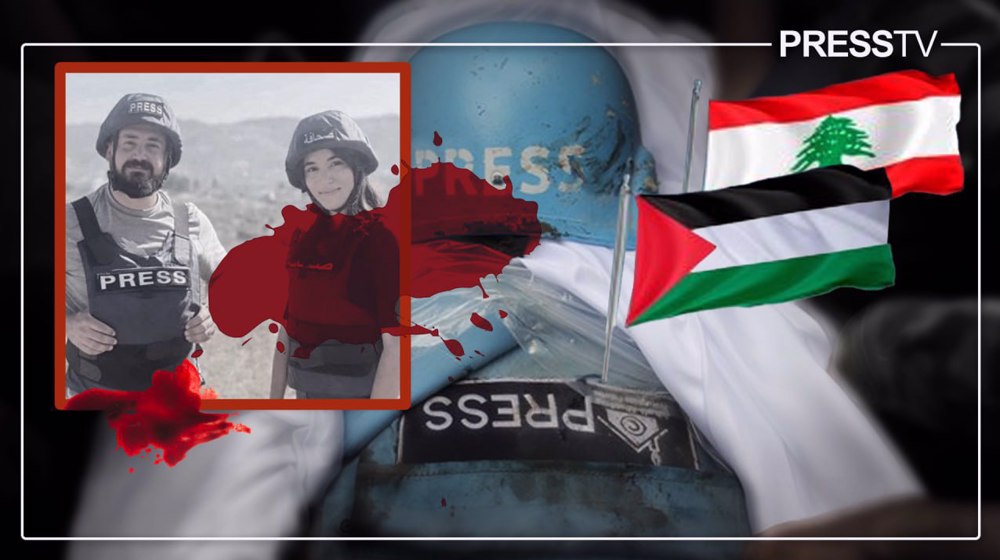

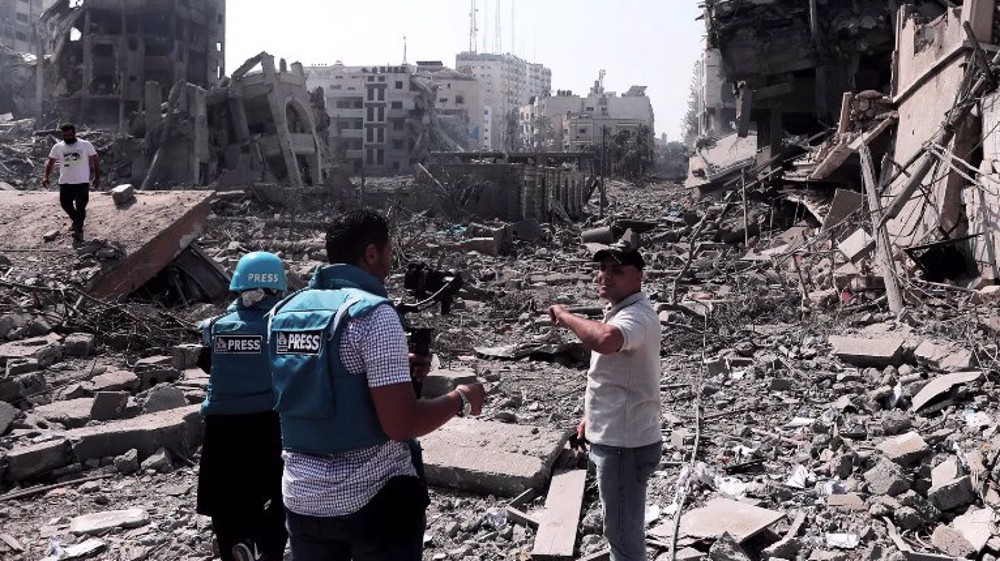
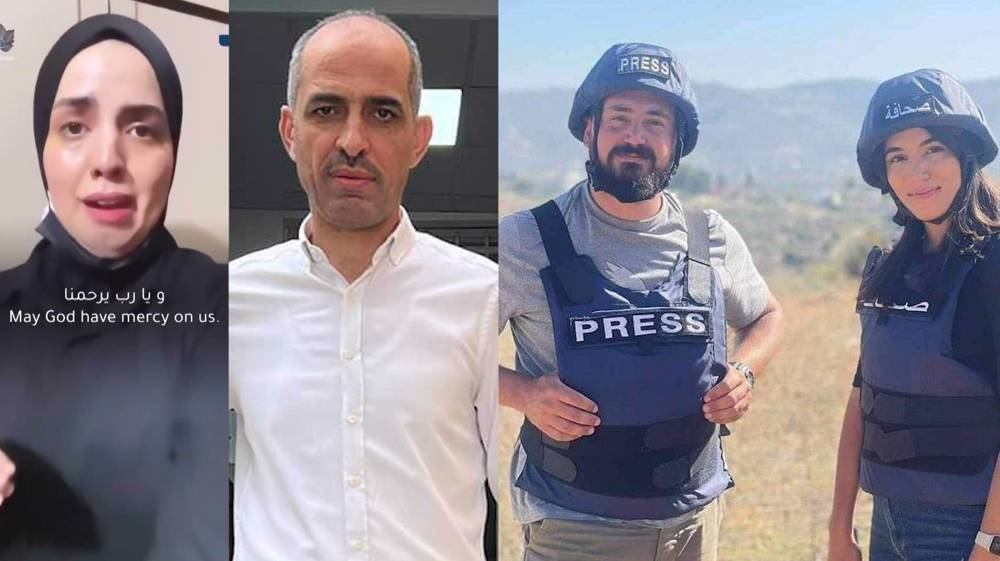
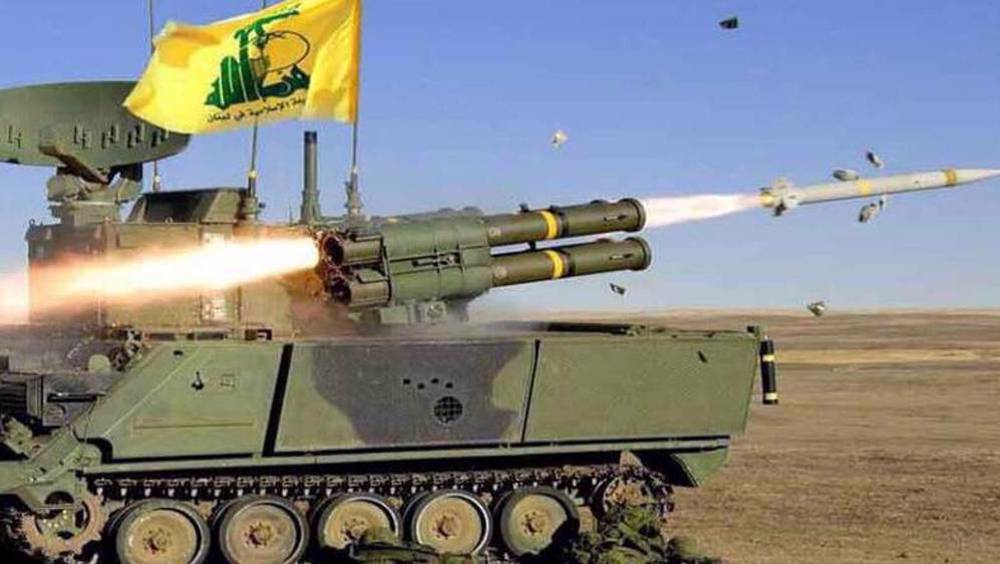
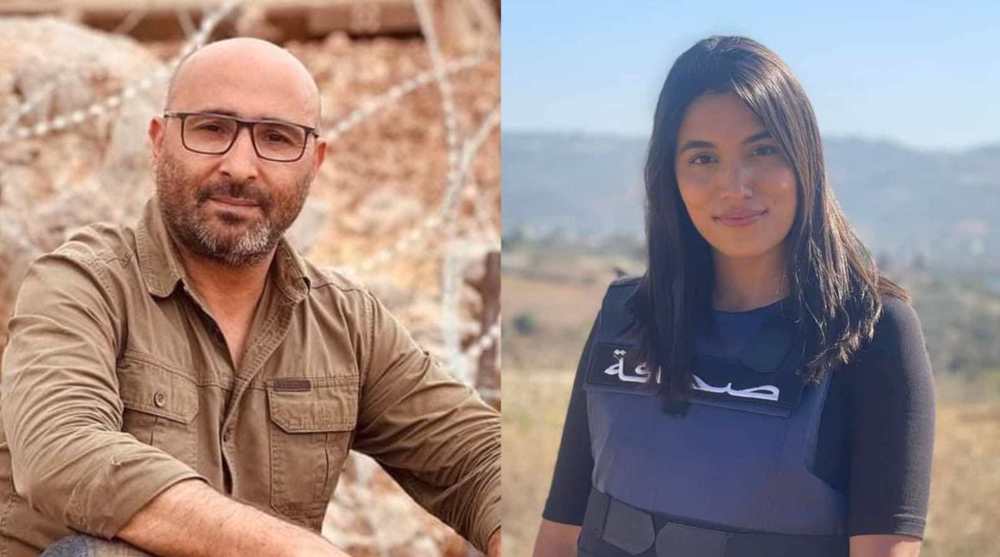
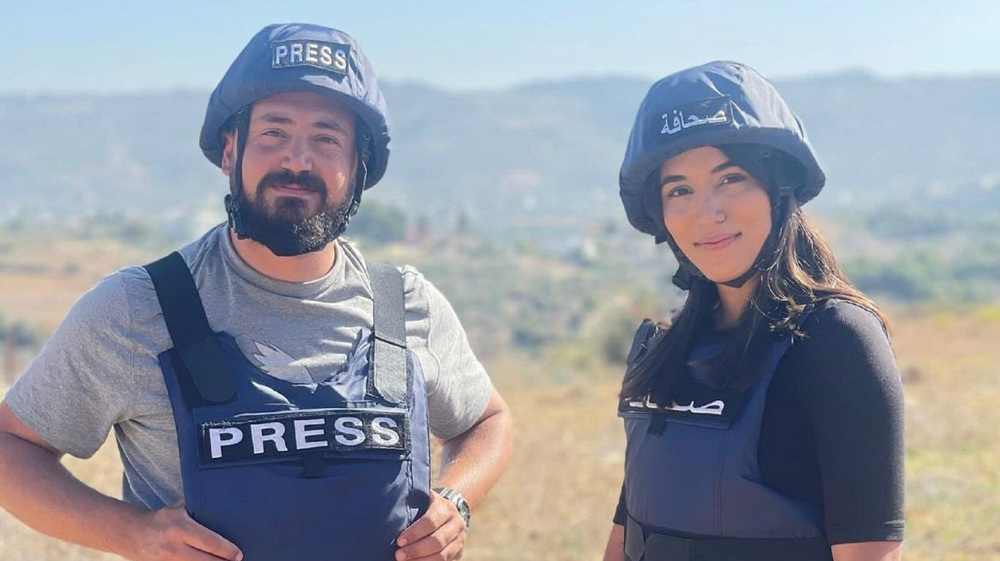

 This makes it easy to access the Press TV website
This makes it easy to access the Press TV website